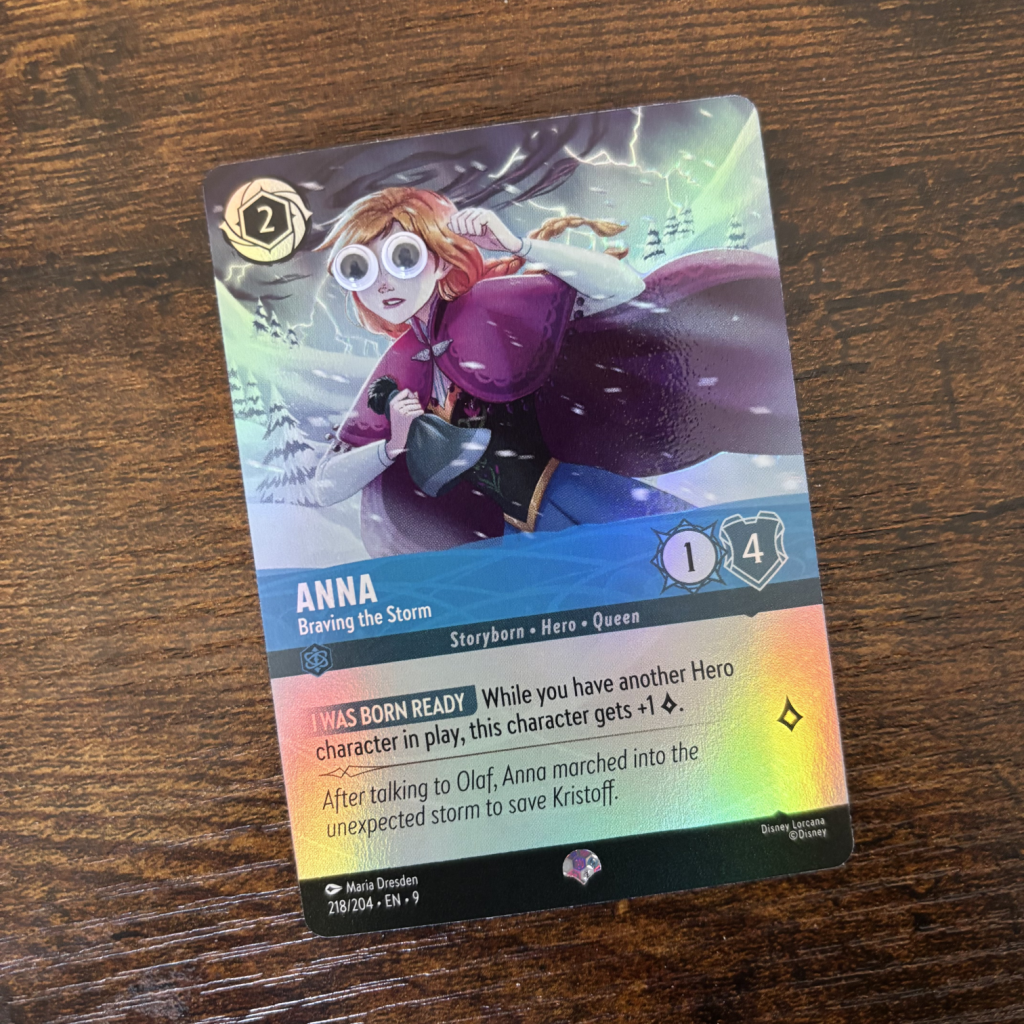Tournament Report

Event Summary
- Event: Charlie’s Collectible Show 25k Lorcana Weekend – Invitational Qualifier
- Lorcana Ladies’ Championship 1k Tournament
- Rising Stars $500 Scholarship Tournament
- CCS 5k Sunday Tournament
- Venue: Charlie’s Collectible Show, Atlanta, GA
- Date: 09/06/2025 – 09/07/2025
- Players: 448 Competitors in the main event
- Format: Core Constructed (Set 9 Format), 9 Swiss Rounds, Top 16 Cut
- Winner: Thiago Santana
- Lorcana Ladies: Tanya Stone
- 5k Sunday: Danny Ngan
Introduction
Hello again! Welcome to another gripping GooglyGlimmers tournament report. We’re here again to reflect on the experiences of the weekend down in Georgia, and to provide that ever-important peek behind the curtain into what goes on at this level of event. Let’s get to it!
Day One: Seven Rounds of Swiss
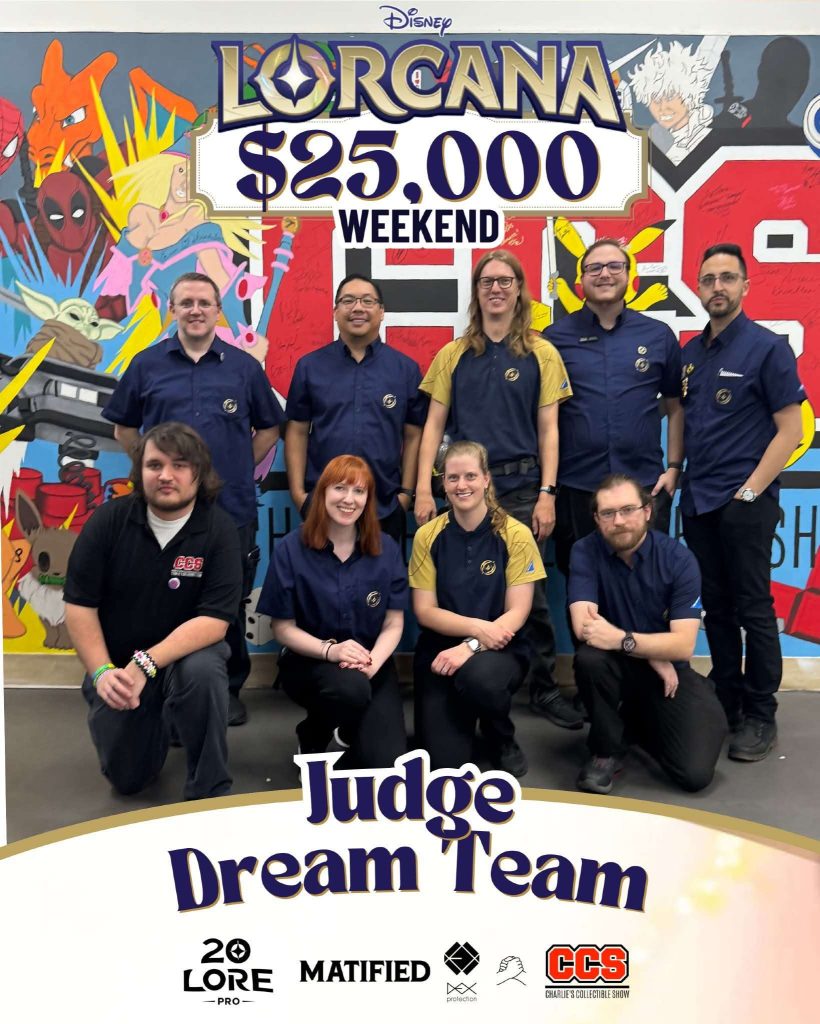
We’ve Got Company!
This is not my first CCS rodeo, though it is the first one I have written about, so I felt much better prepared for this weekend than I did for the events at Worlds. However, because Charles (our Tournament Operator) had expanded the event to over twice the size of any previously advertised Lorcana Weekend at CCS, we also had an expanded judge team.
My last event at CCS was back in June and we had 5 judges for the 250 competitors in the main event, plus the side events on Sunday. This time around, we had 9 judges for 448 competitors, plus those same side events on Sunday.
That said, I had worked with all of the staff previously, including those who had not attended a CCS event before, and we quickly fell into the standard routine under the leadership of Head Judge Taryn.
Magical Maneuvers
Due to the size of the event, our player seating was split across two levels. This was a surprise to me as I didn’t even know the venue had an upstairs! This meant that our first priority was managing a player meeting across two floors, with separate P.A. systems, and only one narrow access staircase.
I don’t believe there was any truly ideal way to handle this, but our compromise was reasonable and effective and did not delay the start of the event by more than maybe ten or fifteen minutes. We had everyone seat themselves downstairs for the player meeting, which obviously left some people standing in the aisles as we didn’t have the capacity (around 60 players), before posting seatings in order to collect deck lists and drop no-shows.
This led to a fair bit of back and forth as players made their way to one seat for that before very quickly having to move to find their first round opponent, but we were able to get everything done in order to start the tournament quite quickly (fighting with walkie-talkie issues notwithstanding). This may go without saying, but I do not recommend running an event across two floors.
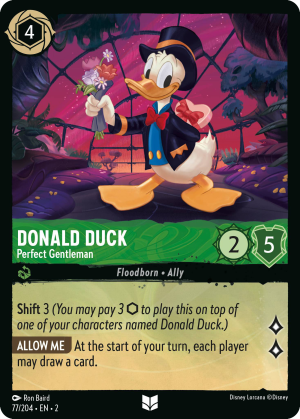
Duck for Cover!
A challenging call that we had to make early (and then often) during this event was how to handle a particular missed trigger. With the release of Fabled lowering the broad power level of decks in the format and reducing the amount of draw power available outside of Amethyst, Donald Duck – Perfect Gentleman has seen a resurgence in Emerald decks. This is a great example of why discussing calls with your team can improve your consistency over the course of an event.
ALLOW ME At the start of your turn, each player may draw a card.
This triggered ability seems fairly simple at first blush, but requires more careful consideration when missed. It is an optional ability (due to containing the word “may”), but it affects both players. When an optional trigger is missed, it’s assumed to be declined (per the Play Corrections Guide, section 2.1, 5/21/2024) – but does the active player have the right to decline to resolve an ability on behalf of the opponent? Obviously not. So how to resolve that play error?
Bearing in mind that this depends on what else may have happened on the turn, our baseline reasoning was thus: Rather than ruling it a missed trigger, we elected instead to consider the result a General Rule Error committed by the active player by not allowing their opponent the option to resolve their portion of an ability’s effect. This allowed us to rewind to the point of that error and allow the opponent to choose to draw without undermining the intent of the Missed Trigger policy by allowing both players to draw. Remember, the active player is assumed to have declined a missed optional ability.
Day Two: Four Tournaments?
one Last Hope
With most of one tournament successfully under the belt, why not add three more while we wrap up that one? Sunday brought the last two rounds of Swiss for the main event plus the top cut, the Rising Stars scholarship event, the Ladies’ 1k, and the 5k revival event for anyone who wanted a second chance at greatness.
As always, scheduling the start times of these events in a way that both satisfies all players and manages staffing needs presents a challenge. We were able to arrange both the Ladies’ event and the Revival to begin after all the main event’s Swiss rounds were completed, but the Rising Stars began earlier. This led to a few complaints from parents of children doing well in the main event, and we’ll have to see if we can rearrange things to accommodate those players better in the future.
Looking back over the weekend as a whole, I think we could possibly shift the balance of the Swiss more towards the Saturday (maybe even fully) in order to create a more manageable schedule on the Sunday. The current arrangement results in a very long second day for the judges who stay to manage the Revival event, which grew significantly when the event went from a 10k weekend to a 25k weekend. It would also allow a less stressful registration period between the end of the Swiss and the start of the follow-up events – that caused us about 40 minutes of delay this weekend, and could be avoided completely.
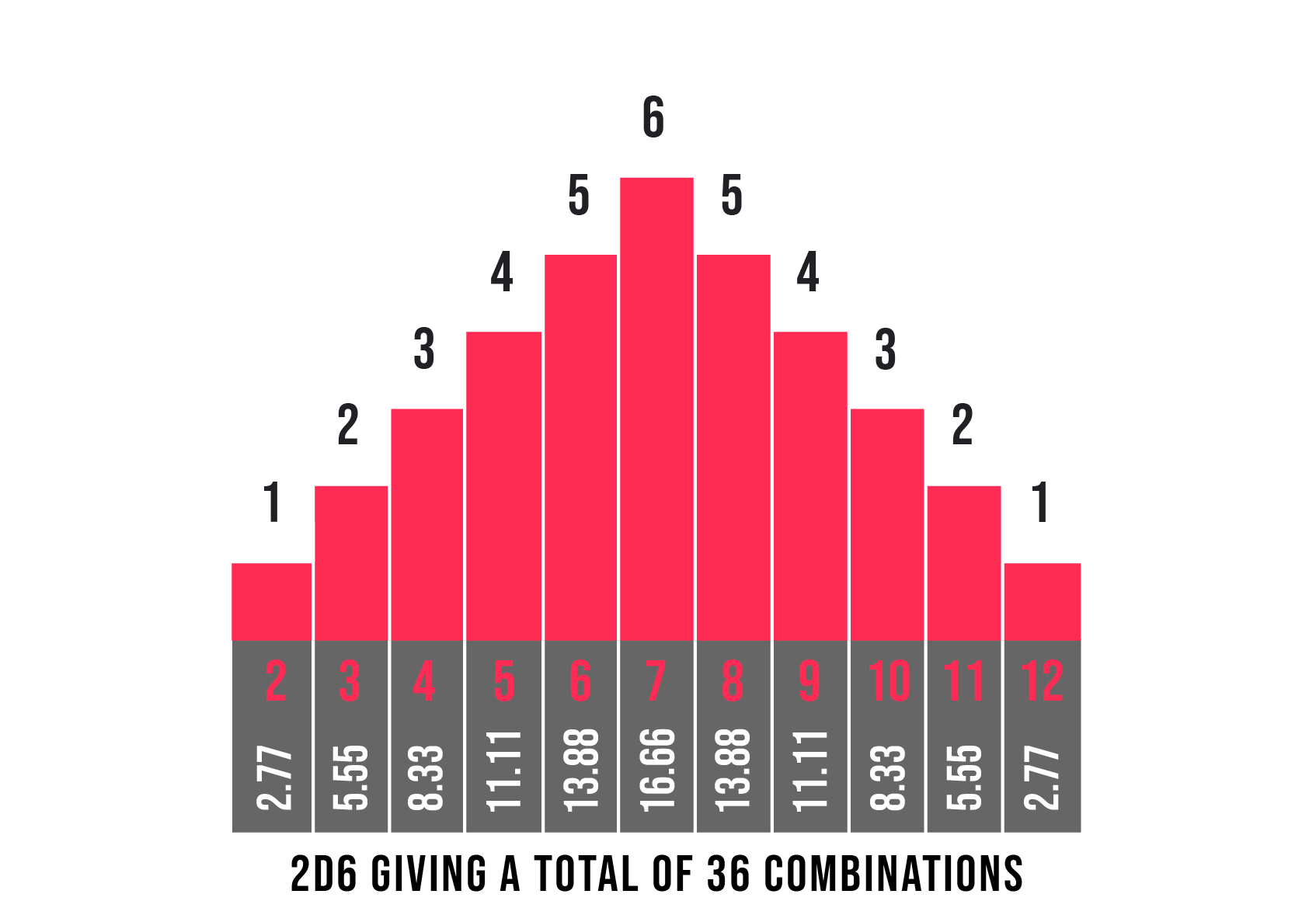
The Boss is on a Roll
This weekend, I took my first ever judge call from players who were unable to reach an agreement between themselves on how to determine first player (full disclosure: this may have been on day 1 – my notes, as always, are lacking). I always knew this was a thing that happened, but I was still caught a little off-guard when I responded to the call. One player was insisting on doing a high-roll, and the other insisting on calling odd-even.
Given that the round had barely begun, my priority was to get the players playing the game as quickly as possible so they could move past this hiccup and get into the flow of their match. I took a die (d6) from each player, called one to be odd and one to be even, and rolled on their behalf. I would have used my own dice, but I had managed to leave them out of my kit for this event. Whoops.
I considered the possibility of investigating why each player was so invested in their own proposed method, thinking that one (or both!) may have been attempting to manipulate the result. However, my read of the situation was that each player was mainly sticking to their guns due to the other’s refusal to budge, and I elected to just get them playing. On reflection, I stand by that decision.
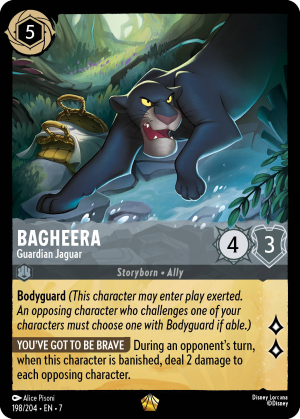
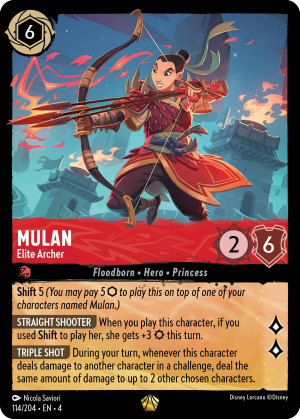
Lost in the Woods
The dreaded lore dispute. During the Ladies’ Tournament, I responded to a call where two players were fairly early on in a game, and had a dispute over two lore. One player was using a dial counter, and the other was tracking lore with pen and paper. I’ve often heard it said that judges will “always” side with the player who has the lore changes tracked on paper, and I wanted to talk about this call to challenge that fact.
Rather than make that simple call and leave at least one player feeling, most likely, unsatisfied, I began an investigation. Working with both players, we reconstructed the last two turns of challenges, which is the timeframe where the discrepancy arose, and were able to trace it back to one specific character. One player thought that character quested, and the other thought they had challenged. So we worked through the opponent’s board state – did that character need to have challenged to explain what was left in play?
And this was no simple matter – both Bagheera – Guardian Jaguar and Mulan – Elite Archer were in play to throw off damage calculations, as well as Bodyguards to force the order of challenges. Ultimately, though, we determined that the character in question would have needed to challenge in order for the board state to be correct, and I made my ruling. If you haven’t seen it before, I suggest reading The Search for Collateral Truths, by Eric Shukan, which heavily influenced how I approached this call.
(And yes, the pen and paper player ended up being correct. Track your lore changes, people!)
Final Thoughts
Beyond the Horizon
- Running a tournament over two floors is tricky, and presents some unique logistical challenges. Reliable walkie-talkies are a must.
- Running a tournament over two days is also tricky! We approached this event with a similar mindset to how previous CCS events had been structured without taking into account the (hefty) increase in players. I think we can adjust this and see improvement.
- Much like at Worlds, I really must start taking better notes. Lack of progress here is embarrassing.
- Checking in with other judges after new or long calls is a great way to get feedback where staffing doesn’t allow for judges to attend in pairs. It can also enhance consistency across your event.
- Read The Search for Collateral Truths, by Eric Shukan
